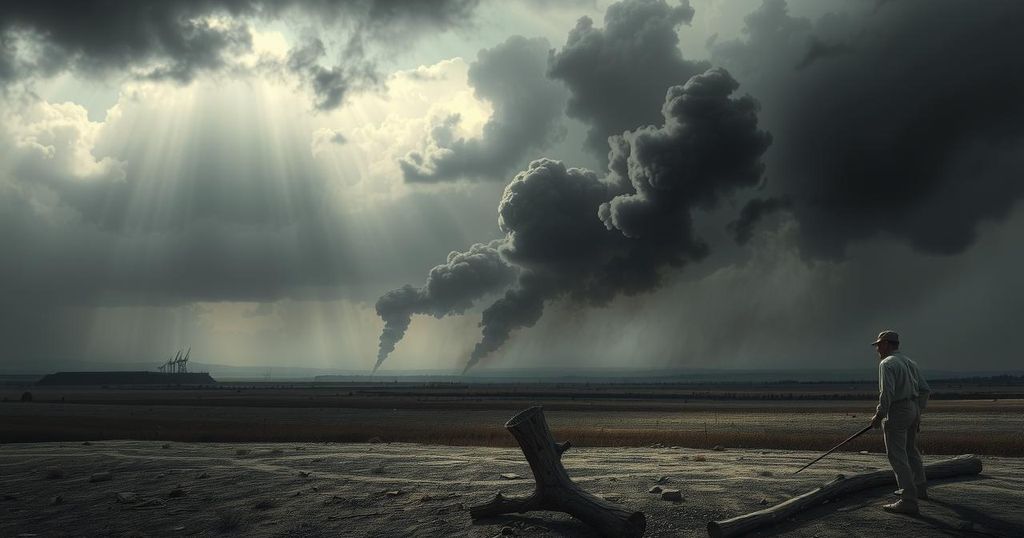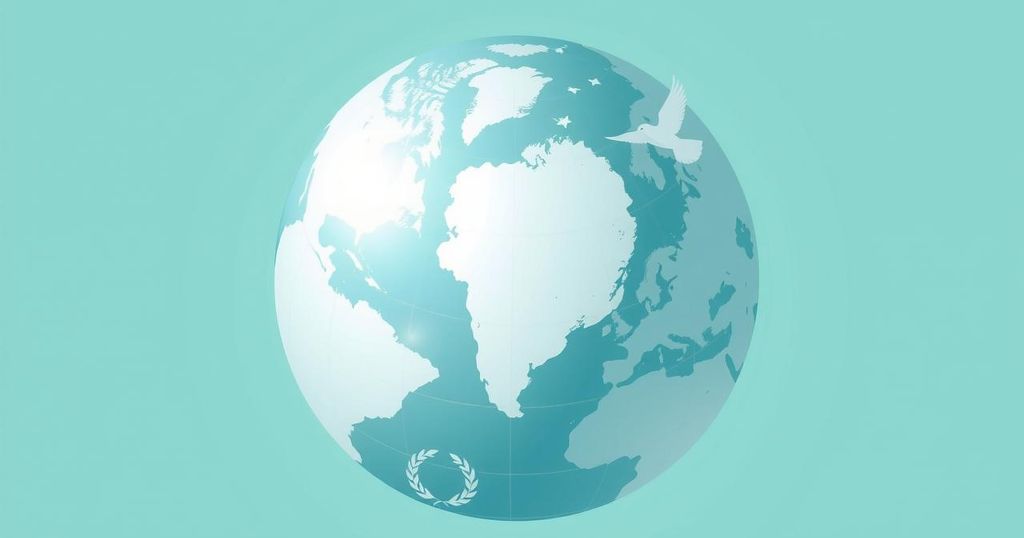Political Turmoil in South Sudan: Arrest of Vice President Sparks Fears of Conflict
The arrest of South Sudan’s Vice President by President Kiir threatens to rekindle civil war, straining the fragile peace established by the 2018 agreement. The international community, including the U.S. and the U.N., have expressed concerns about escalating violence, while political and ethnic tensions become pronounced. The Horn of Africa remains embroiled in conflict, with South Sudan’s stability hanging in the balance.
The recent arrest of South Sudan’s Vice President by President Salva Kiir has raised fears of a return to civil war in the oil-rich nation. This alarming development was confirmed by a statement from the vice president’s party, emphasizing the precarious state of the country. Nicholas Haysom, the special representative of the U.N. Secretary-General, articulated that the nation stands at a critical crossroads: “Tonight, the country’s leaders stand on the brink of relapsing into widespread conflict or taking the country forward toward peace, recovery and democracy.”
Amidst the political turmoil, several embassies have begun to withdraw personnel, advising their citizens to leave while commercial flights remain operational. Gunfire erupted in multiple locations in the capital prior to the vice president’s arrest, indicating a volatile security situation. The U.S. State Department’s Bureau of African Affairs expressed its concern, stating, “We urge President Kiir to reverse this action & prevent further escalation.”
The historical context of South Sudan is pertinent, as its previous civil conflict was marked by severe human rights abuses and humanitarian crises. This violence was temporarily halted by a peace agreement in 2018, fostering a unity government featuring both leaders. However, tensions escalate as observers speculate that Kiir’s actions may incite ethnic warfare, given the rivalry between the Dinka and Nuer groups, the respective ethnicities of Kiir and Machar.
The culmination of violence in recent months has been grave, with assaults on military and U.N. personnel in Upper Nile State further indicating the deteriorating situation. The arrest of Machar has been described as a direct threat to the fragile peace established in 2018, as articulated by Machar’s party officials.
South Sudan, having gained independence from Sudan, confronts severe infrastructural deficits with only minimal paved roads in a nation comparable in size to France. The nation has faced numerous challenges, including famine, natural disasters, and the influx of refugees from the ongoing crisis in Sudan. In a bid to consolidate power and support his forces, President Kiir recently welcomed Ugandan military assistance.
The Horn of Africa is engulfed in instability, with multiple nations, including Sudan, Ethiopia, and Somalia, grappling with unrest. In contrast, Djibouti remains an anomaly, maintaining an uneasy peace. This complex interplay of regional conflicts only heightens the tension surrounding South Sudan’s precarious political climate.
In conclusion, the arrest of South Sudan’s Vice President poses a significant risk of igniting renewed civil conflict in a nation already plagued by violence and poverty. The historical backdrop of ethnic tensions, compounded by recent military escalations and political maneuvers, suggests a precarious situation for the country. As international observers express grave concerns about the unfolding crisis, the need for diplomatic intervention and stability remains paramount for South Sudan’s future.
Original Source: www.washingtonpost.com








Post Comment